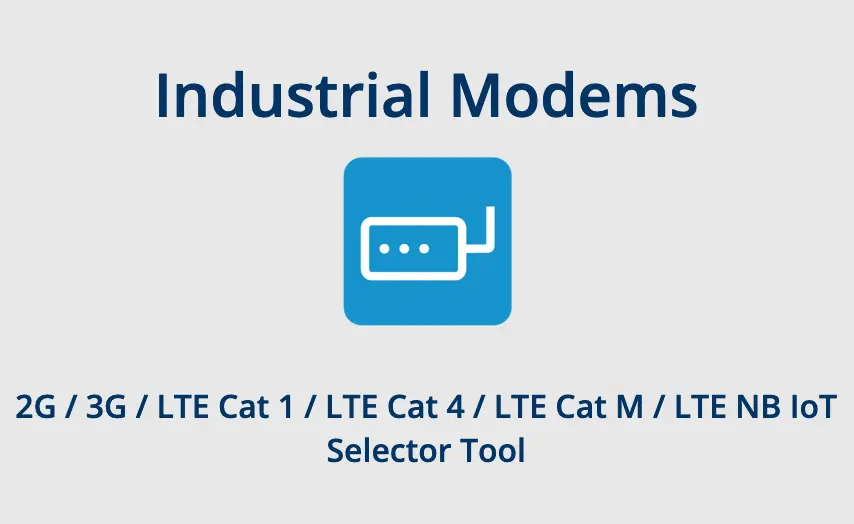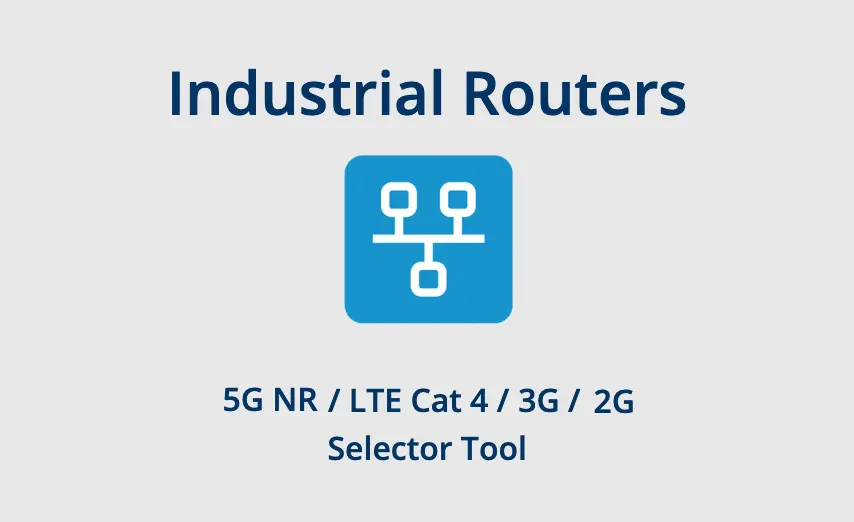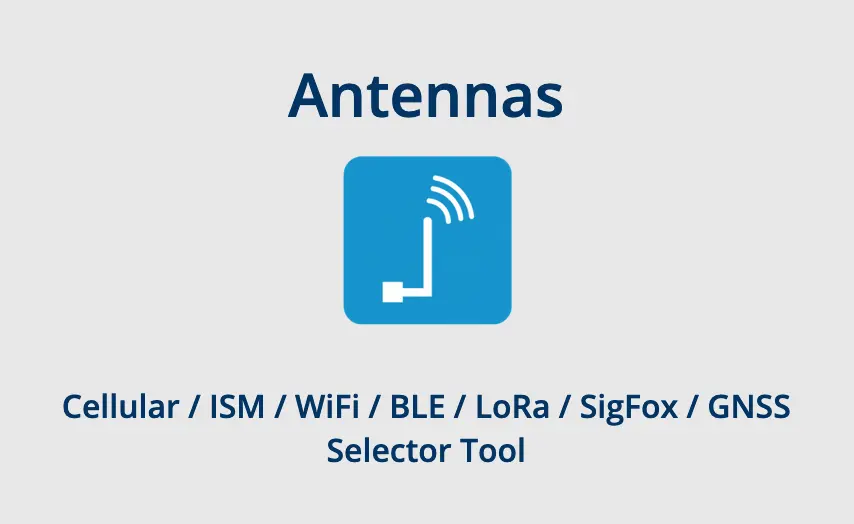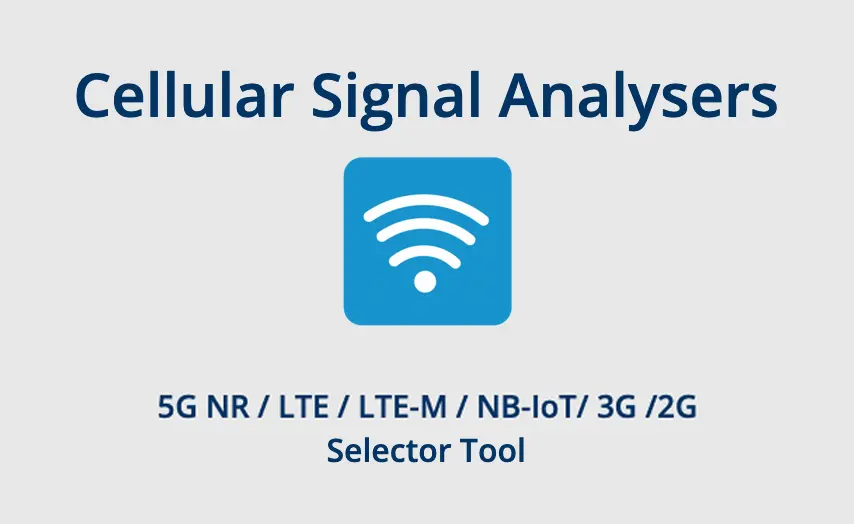2G/GSM switch-off from 2028 in Germany:
Are you prepared?
2G/GSM switch-off from 2028 in Germany:
Are you prepared?
Billions of IoT devices will eventually stop working if they become reliant on 2G technologies as networks slowly phase out these technologies from 2028.
So how are you as a business preparing for this change?
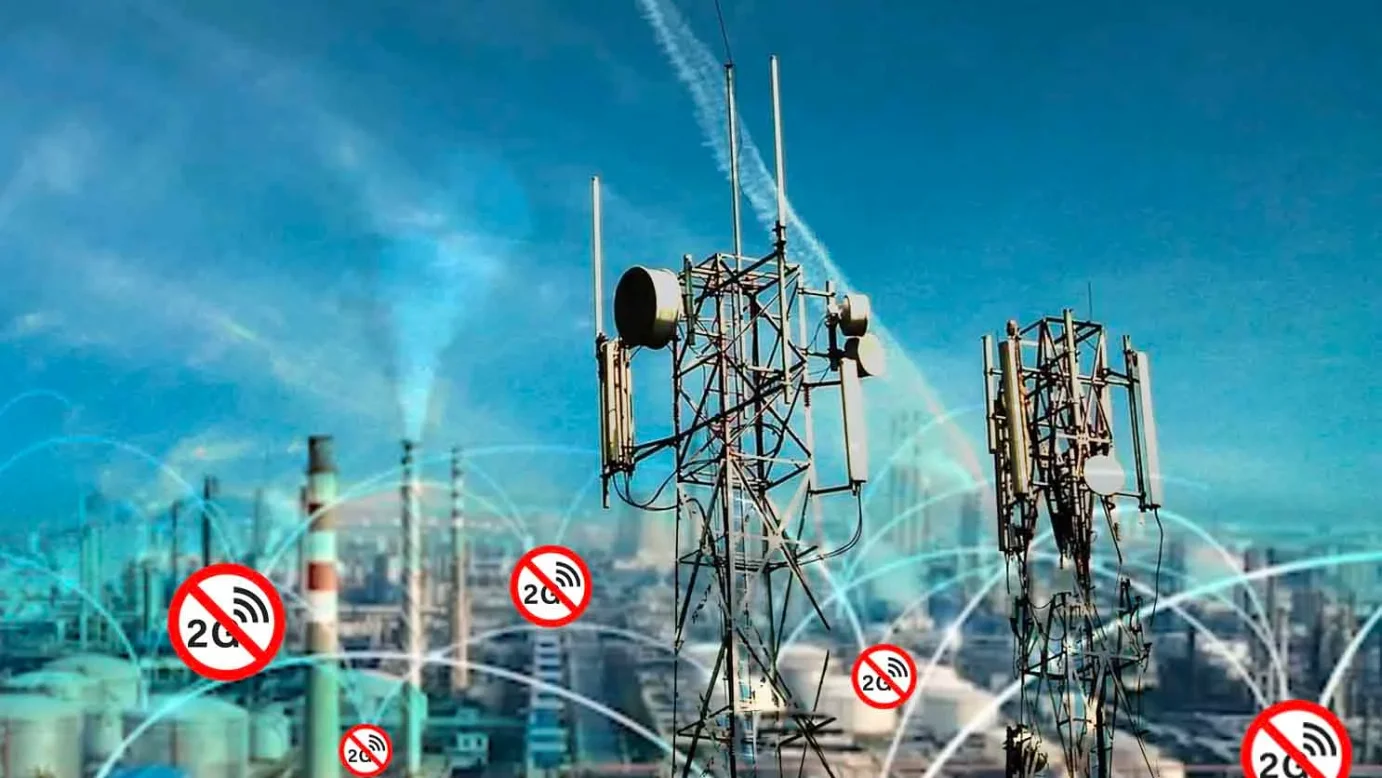
Companies that continue to use 2G will face a number of difficulties when 2G is switched off.
Businesses will need to switch to 4G or 5G compatible devices if they are currently using IoT devices that rely on 2G connectivity. Especially for smaller companies or those with a large number of devices, this can be a big strain on the budget.
GSM 2G will be switched off from 2028
The time has almost come: Deutsche Telekom AG has officially announced that it will shut down the GSM-2G network and make the bandwidth available to the LTE-4G and NR-5G network.
This makes Telekom the first network operator in Germany to publicly commit to a date for shutting down the 2G network.
No shock for the industry
It was never a question of whether, but when the proven 2G technology would have to be replaced. In addition to Telekom, Vodafone is also planning to gradually switch off 2G technology in Germany by the end of 2030. "By then, the technology will be almost 40 years old, and a large proportion of the underlying devices will have served their purpose by then and will no longer be supported by the providers," Tanja Richter, Vodafone's head of technology, told Golem.de.
Which sectors and applications are affected?
The GSM-2G network is used by many sectors.
In a rough overview, users range from industry and logistics to energy suppliers, healthcare and the security sector, with the 2G network supporting them in applications such as remote maintenance, automation, monitoring and emergency calls.
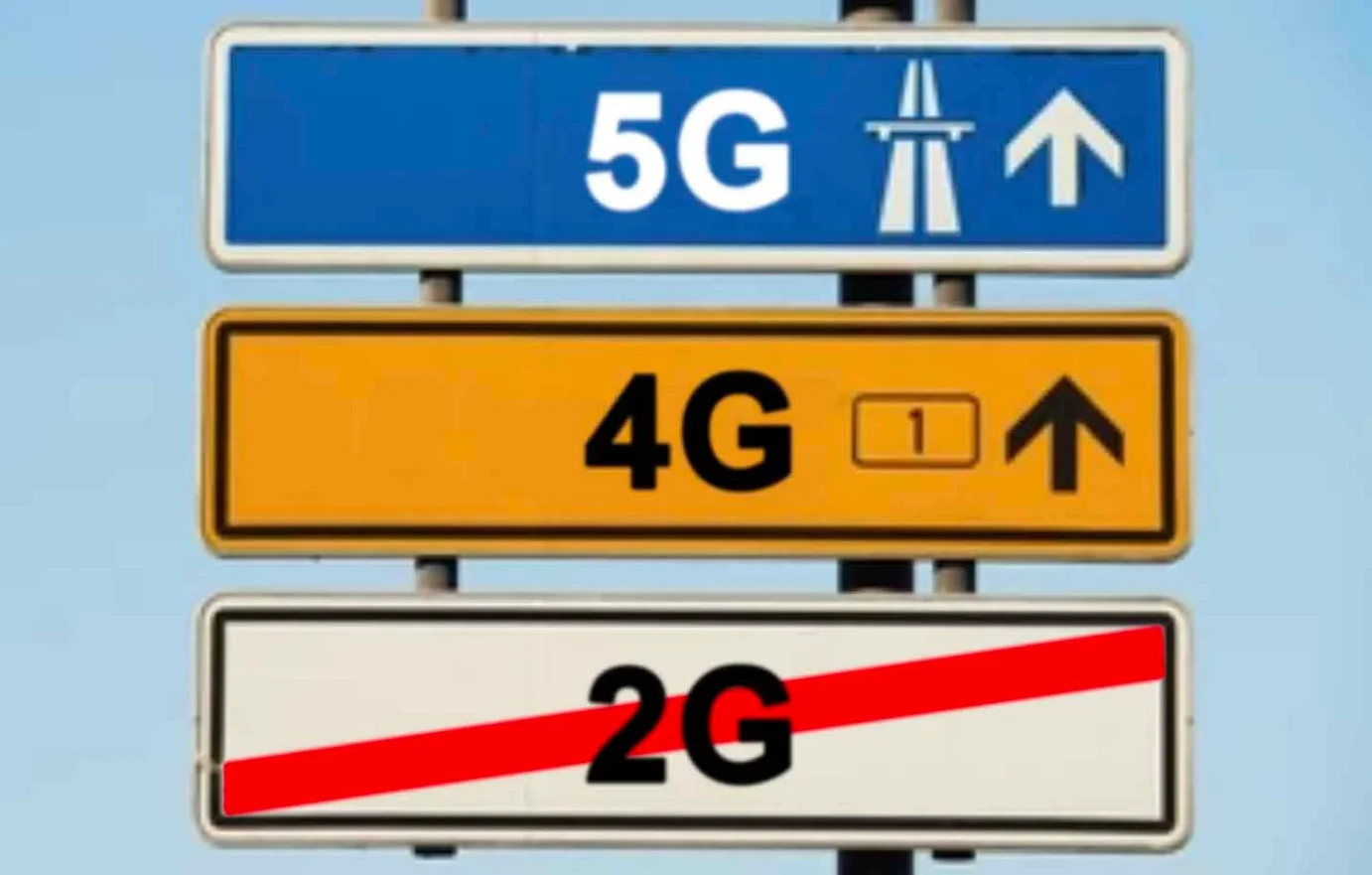
What now?
The solution for businesses as 2G is phased out brings challenges. However, it also creates opportunities for businesses to improve their technologies and gain a competitive and future advantage. Upgrading to modems or routers that are compatible with 4G or 5G networks will provide businesses with a faster and more reliable internet connection. This can lead to higher productivity, improved communications and the ability to take advantage of new technologies that require high-speed connections.








